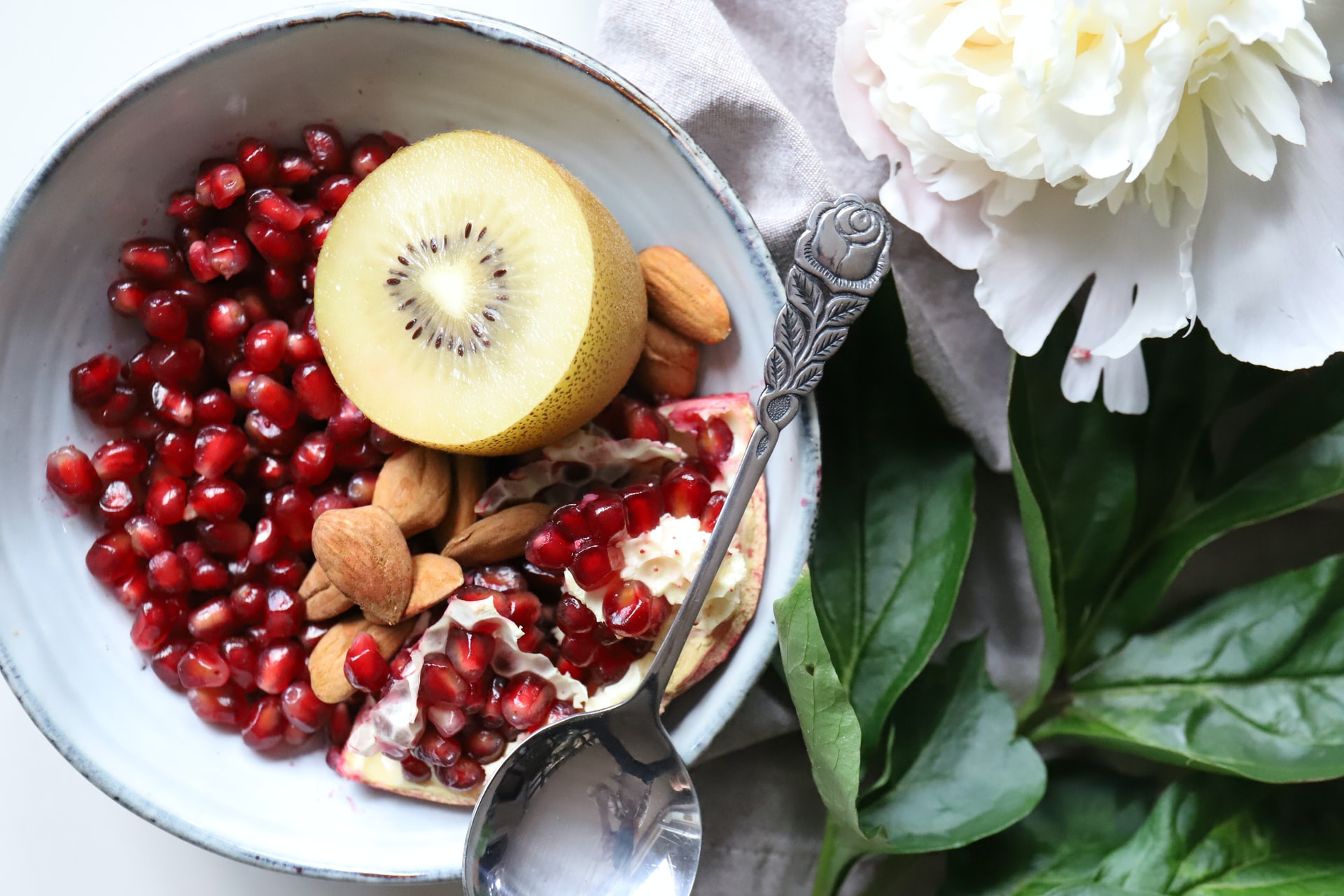
Antioxidants in food protect the body against free radicals, which leads to protection against cancer and heart disease. Antioxidants are polyphenols, chemical compounds that are produced naturally by plants as well as other animals. Most of these antioxidants are produced by plants during photosynthesis or respiration, while a few are synthesized in the lab from other compounds. Today, there is an almost infinite supply of antioxidants; most fruits and vegetables are rich in antioxidants. However, humans manufacture a limited supply of antioxidants due to the widespread use of numerous food additives, pollution, smoking and ageing.
Several vitamins including A, C, E and beta carotene are regarded as antioxidants. Vitamin A is considered the best antioxidant, with a reputation for fighting against oxidation (oxygen radical) formation. Oxidation is a chemical reaction that releases free radicals (harmful atoms that are rapidly gaining electron vacancies). Free radicals are believed to be responsible for a number of diseases including cancer, ageing, asthma, Alzheimer’s, arthritis, psoriasis and obesity. The best protection against oxidation is obtained through vitamin A. Ascorbic acid, the common salt used in many food preparations is an effective source of antioxidants.
The majority of vitamins, however, cannot be ingested in their pure state because of their immense concentration in plant foods. Instead, these antioxidants are extracted from these foods using various chemical processes. Furthermore, food additives such as saccharin, sodium benzoate, and sulfates are also added to foods in order to preserve them. Even though antioxidants provide health benefits, there are some concerns regarding the excessive intake of antioxidants.
Although antioxidants can reduce the risk of heart disease and cancer, there is no proof that consuming excessive amounts of antioxidants can prevent these diseases. It is not clear how antioxidants affect the cardiovascular system, although research indicates that high antioxidant foods may help to lower the risk of heart disease. Scientists believe that eating a diet high in antioxidants protects the body from oxidative stress that could lead to the development of heart disease.
Vitamin C, in particular, has shown to be very effective in fighting free radicals, reducing the risk of heart disease. Other antioxidants such as flavonoids, polyphenols, and selenium have also proven to have beneficial effects. Although many of these substances are naturally occurring in foods, they must be processed to achieve the same levels of benefit. As a result, many antioxidant foods are artificially flavoured or enriched so that they will meet the recommended daily allowance of antioxidants. In essence, artificially flavoured foods and supplements act as a source of antioxidants without providing the same health benefits.




James Whitaker is a health writer specializing in cancer awareness, prevention, and treatment. He focuses on providing research-based content that helps readers understand complex medical topics, with an emphasis on skin cancer education and chemotherapy insights.